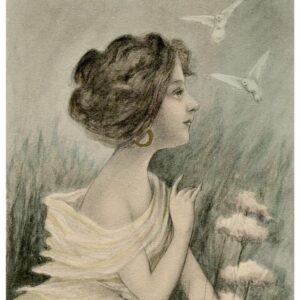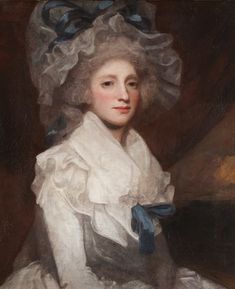Felicity is knowing how virtues define who you are. Participation in The Virtues series refines how you do it!

The Virtues series highlights 30 behavior and etiquette protocols designed to assist women while they progress gracefully past antiquated views of modern feminism, to develop personal equity with specific feminine attributes. Many people believe that a woman’s virtuous qualities are innate or developed early in life, however through the course of our life we must intentionally study and cultivate virtues to Normalize Eminence with ease. Here are a few ways we connect our desire for felicity with real world applications!
The Virtues series curriculum is a unique blend of progressive accountability and character improvement strategies immersed in traditional finishing school sophistication. The courses will introduce or advance your knowledge and skill sets in areas like:
Developing Your Personal and or Professional Image and Style.
Dining Etiquette.
Deportment.
Diction and Vocabulary Strengthening
…and much more!
"Virtue is that which provides the greatest happiness for the greatest numbers" - Francis Hutchinson

Listen to your female contemporaries talk. There is a great deal of gender role confusion, angst, and emotional strife as veiled topics of conversation. Although outwardly we speak of our pride for having earned political and social rights of equality, we are still not inwardly happy with what that the concept of equality has become for us. No longer does the term equality express “to have” in context. It now dictates women “will be”. This shift has taken away all the pride women possess for being divinely different than men, providing for themselves and their communities, a distinctive set of feminine attributes men do not, nor are they expected to achieve equally for themselves. Despite chauvinistic beliefs to the contrary, women have always held a prominent place in cultural movements by simply behaving as women do through the ages. During the French enlightenment for example, women were encouraged to attend public forums and not just because their nature made them legitimate governors of potentially unruly discourse that would often arise, but because their grace provided ample attestation between diplomacy and reason.

When we think of virtuous women, we often think of them as stoically pleasant. Youthful and beautiful. Quiet, seen never heard. We conjure up visions of ladies in waiting, smocked in tule gowns. Overt images of virgins, wreathes of olive in their hair, with a divine light shining upon them. We rarely think of them in a more modern context without being fringed with religion.
It could be suggested being a woman who is thought of as angelic, decorous, genteel and demure may be offensive to some. They may say, women have worked too hard to establish themselves as equals to men. They need to ditch their benevolence, pull up their big girl panties (whatever the hell that actually means!) and get on with their equal rights march. Would it really be an enormous step backwards to revive the bygone days when women of naturalness could be capable AND have ambition without having to “grow a pair”? (ugh.)
It is now time to reject the notion, any woman provide society the same endowments as men, particularly when the expectation deprives them intense happiness. The sexes in our current culture are separated no longer by diversity but rather gender norm “woke” ignorance. The goal of the Virtues series is to provide you with the tools required in today’s society to transcend limiting beliefs and actions causing toil in pursuit of your natural female rights.
"I do not wish for women to have power over men, but for them to have power over themselves" - Mary Wollstonecraft

To achieve felicity of many, we must not concern ourselves with the objections of some. We must forge ahead with enlightened ways, correcting the distortions of the extremist feminist movement. Women have opportunities far greater than ever before yet, most have no idea what it means to be a woman without a feminist platform that puts them in direct competition with men. Sadly, to compete means someone must lose. Why should women or men lose, when compresence intrinsically is best for all?
Taking cues from Mary Wollstonecraft, one of England’s earliest female philosophers, she argued for a society based on reason and that women as well as men should be treated as rational beings, but that women and men were not equal in the eyes of an almighty creator, both should celebrate their contrast to each other and do great things. She is best known for her works A Vindication of the Rights of Woman (1791) Although her views were controversial and have a tendency in our age to favor feminism in a form that is contrary to the tone of Normalize Eminence, one thing remains true. Mary was a woman driven by her desire to have a life of quality not defined by who she was in society but rather by what she offered to it.
Now that you know more about the Virtues series, get ready to participate and improve your feminine equity!
Being capable is the most important virtue needed to Normalize Eminence. There are unspoken rules to living a charmed life, the success of which is based on how much we violate them. Taking part in the Virtues Work either on-line or at an in-person workshop is a safe place to practice.

